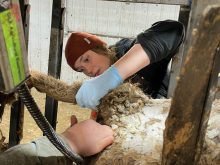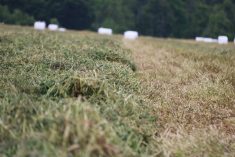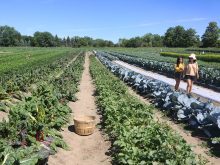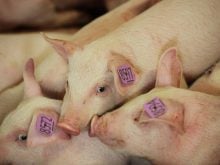LETHBRIDGE, Alta. – It is mid-June and a sugar beet farmer notices his young plants are withered after a spring rain.
Bernie Hill of Agriculture Canada says they have likely been hit by a herbicide rain.
“It only takes half a millimetre to bring out most of the stuff in the rain,” he said.
“That would produce a real concentrated amount of herbicide coming down in that rainfall.”
Rain water samples collected across Alberta last summer showed traces of herbicide in every sample.
Read Also
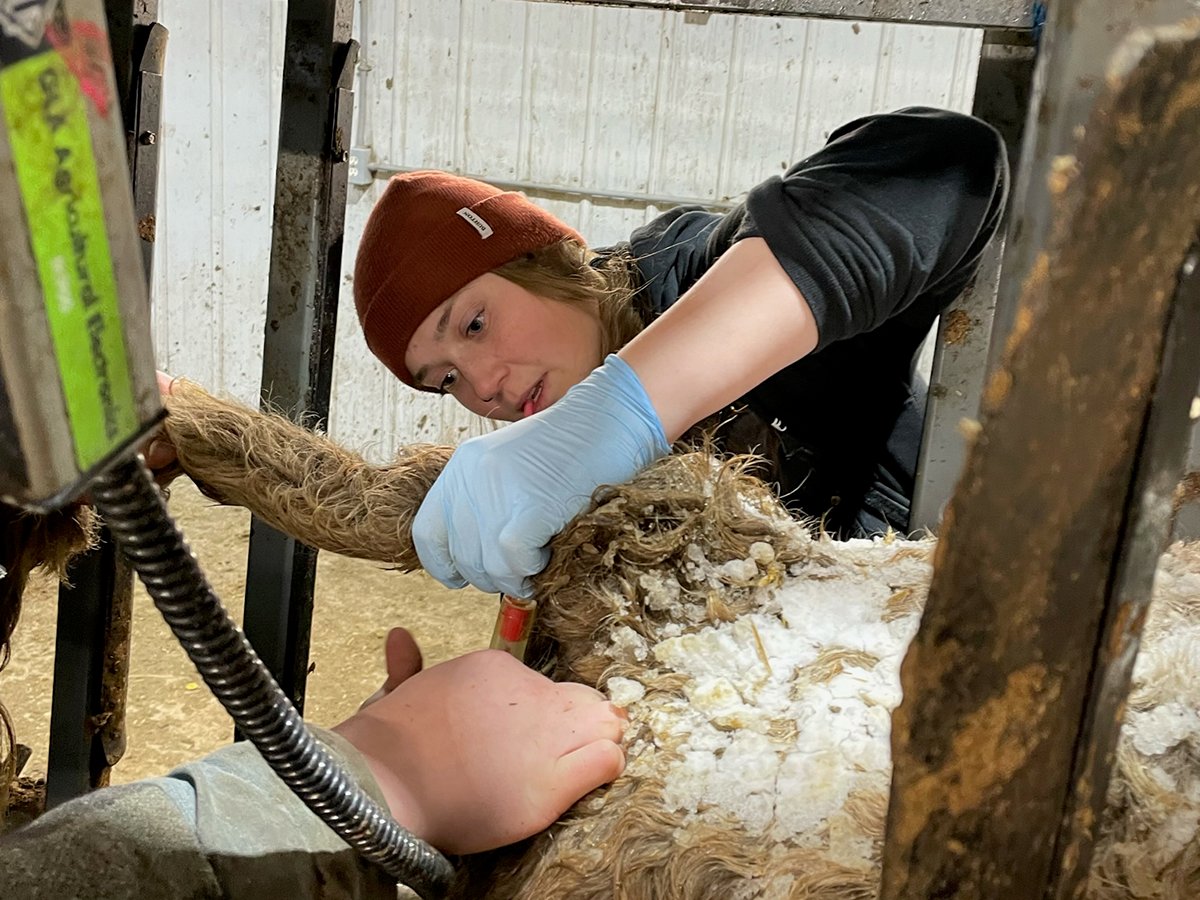
Pen riders better than tech at detecting respiratory disease in feedlot cattle, says researcher
Katrina Garneau’s recent research found that pen riders are better than technology at flagging signs of BRD in feedlot cattle.
Agriculture Canada scientists at Lethbridge along with the Chinook Health Region are investigating the level of herbicides in rainwater. They want to know how the chemicals got there and what potential harm they could do to public health as well as sensitive crop like sugar beets, beans and potatoes.
Hill hopes to continue the study on a broader scale this year across the four western provinces.
A small-scale study was done in the Lethbridge area in 1998 after traces of herbicide were detected in rainwater.
This past year 18 sites were set u-10-P. from Lundbreck to Vegreville to collect rainwater.
They looked for 19 herbicide types between April and September, and found evidence of 2,4-D, dicamba, bromoxynil, MCPA and mecoprop. The highest levels were found during spraying seasons in June and early July.
At some sites, levels were as high as 53 parts per billion of 2,4-D. Drinking water guidelines allow 100 ppb and aquatic life guidelines allow four ppb for 2,4-D.
“Some of these levels coming down are serious compared to the guidelines,” Hill said.



